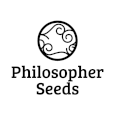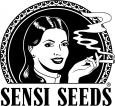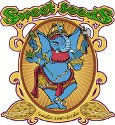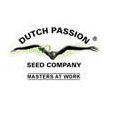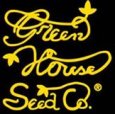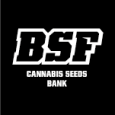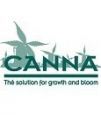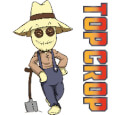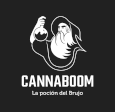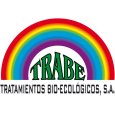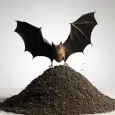Cannabis in Canada
List of contents
History of cannabis in Canada
The history of Canada goes hand in hand with cannabis cultivation. The first know Cannabis Sativa crop in canada dates back to 1606 in Nova Scotia, and was carried out by Louis Hébert, considered the first Canadian apothecary and friend of Samuel de Champlain, French explorer and founder of the province of Quebec (Eastern Canada).
By that time - early XVII century - cannabis was used throughout the world as a source of food, fibre, medicine, fuel...and of course recreationally. Still, it was mainly to produce textiles for the naval industry (ropes and sails) that cannabis was used in Europe, imported from Russia by Britain and from Asia by the Dutch. In this way, Europeans encouraged their colonies in America to start planting cannabis for fibre. The French and British promised to buy all the cannabis produced in Canadian farms, pushing settlers into cannabis cultivation. However, settlers often prefered to grow food crops - which they could eat - rather than cash crops like cannabis. Many names of American regions like Hemphills, Hempstead, Hampshires and Hemptons come from this time.
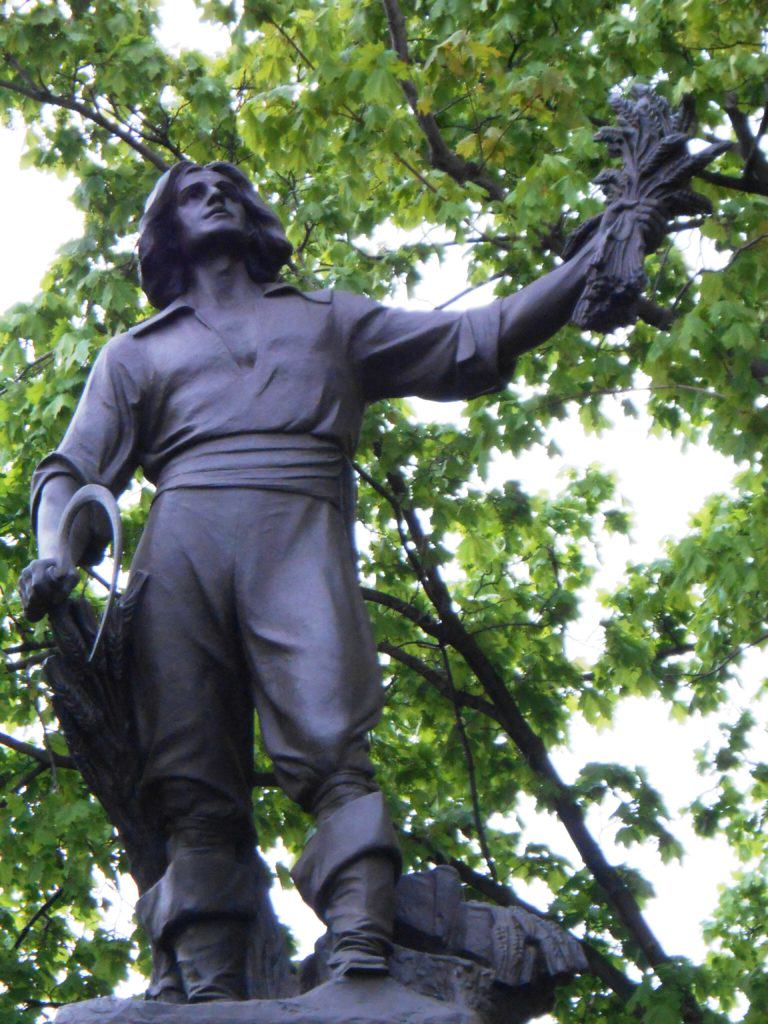
In 1763, Britain took control of Canada. The Empire needed more hemp desperately and shipped milions of cannabis seeds from Russia, which were only accepted by 15 farmers from the Quebec province. These efforts continued, and in 1800 the British Parliament offered lands and wealth to two cannabis experts - James Campbell and Charles Frederick Grece - who were to be sent to Canada to teach and encourage cannabis cultivation, although a combination of factors (bad seed, adverse climate conditions...) ruined their efforts.
In 1802, the Board for the Encouragement of the Cultivation of Hemp was formed by the British government, an organism created to increase cannabis hemp cultivation in Canada. The British Government Report on Hemp stated in 1809 that "The cultivation of hemp is rapidly expanding in Canada, and there is much reason to hope we shall be rendered independent of the foreign markets. Several hundred tons were grown last year in the neighbourhood of Montreal, Camden, Howard on the Thames, and in many parts of Upper-Canada". On the same year - March - the National and Parliamentary Notices claimed that "Hemp is likely to be supplied in abundance in a short time from Ireland as well as from Canada, where thousands of acres are now allotted to its cultivation".
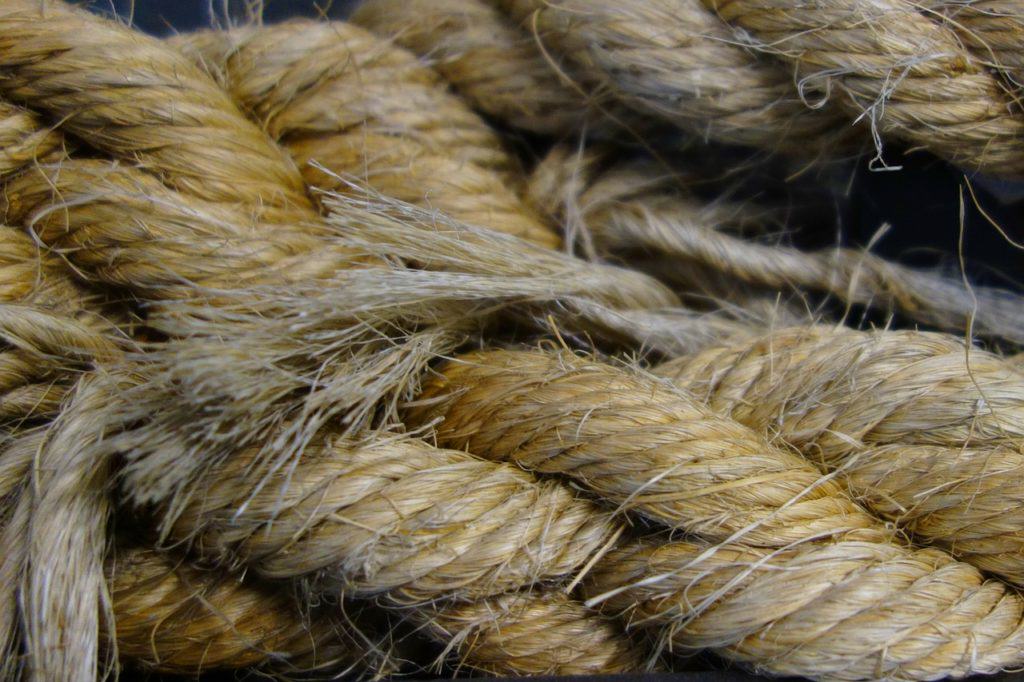
By that time, Russia was Britain's main provider of hemp rope and sails, although Canada was increasing year by year the area cultivated and so the total amount exported to the Empire. In 1812, and due to tensions between Britain and Napoleon which lead to several trade bans, France invaded Rusia in order to stop the cannabis hemp trade between both countries. On the other hand, the USA also invaded Canada in 1812 (Britain had previously blocked Europe from Atlantic trade). The cannabis industry grew constantly in Canada during the XIX century, reaching its peak by the late 1800's. Cannabis tinctures were used medicinally and hundreds of studies on the medicinal properties of cannabis were carried out during that century.
The prohibition of cannabis in Canada
Due to the Gold Rush in British Columbia (gold was discovered in 1871 along the Fraser River), thousands of Chinese workers came to Canada to work in the mines and the construction of the railroad to BC. These workers brought opium with them, so a racist, anti-drug campaign started several years after their arrival. Thus, the Opium Narcotic Act was issued in 1908, which banned the non-medical import, manufacture and sale of opiates. In 1922, ten states from the USA had banned cannabis, and partially thanks to the efforts of the anti-drug organisation and people like Emily Murphy (author of The Black Candle) it was also banned in Canada a year later, in 1923. Despite the report from the Le Dain commission in 1972 and the support of an increasing number of people, cannabis remained illegal until the early 2000s, when the government allowed the use of medical marijuana by patients.
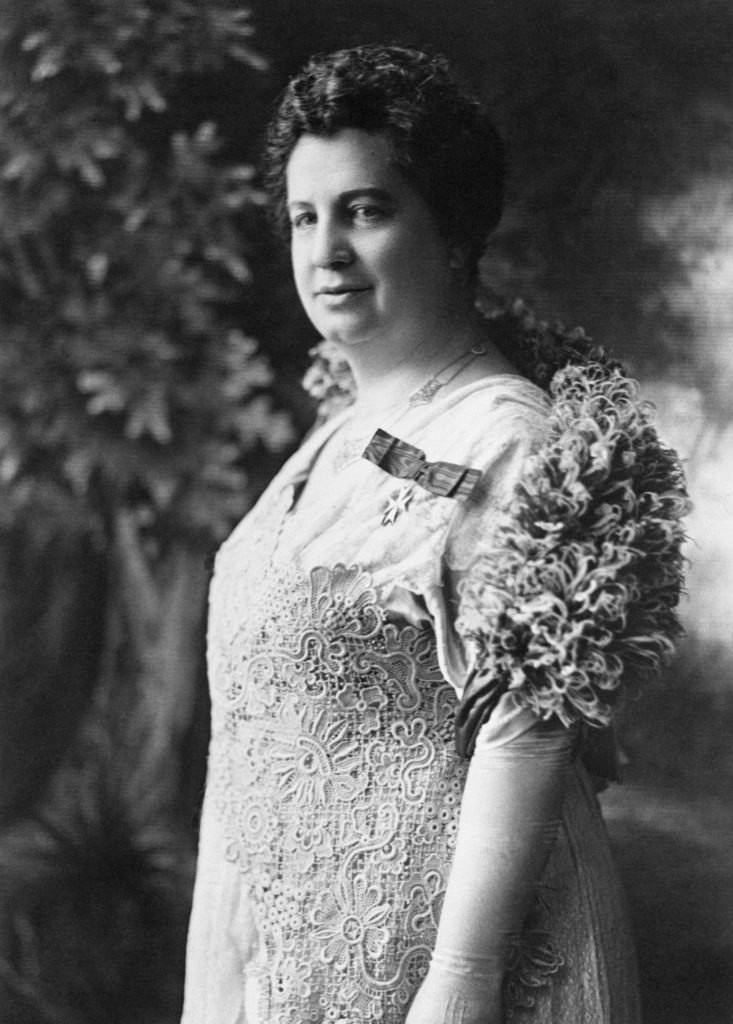
Indeed, it was not until July 2001 that Health Canada established the regulation on access to cannabis for medical use, in which it defined two types of patients suitable to be treated with cannabis. These patients needed to fill an application (with the support of a physician) to demonstrate that cannabis could help them relieve their symptoms. Patients could grow their own pot or get it from authorized producers or Health Canada. 13 years later, in 2014, Health Canada replaced the Medical Marijuana Access Program by the Marijuana for Medical Purposes Regulations (MMPR). With this new regulation, Health Canada authorized licensed producers to grow cannabis for patients, who can choose their producer but can't grow their own weed anymore. About a year later, in June 2015, all forms of cannabis - oils, edibles, etc. - were included on the definition of medical cannabis by the Supreme Court of Canada.
Today, it seems like Justin Trudeau - Canadian Prime Minister - wants to fully legalize cannabis throughout the country, so 2017 will be a very interesting year in regard with this subject, since recreational use could also be decriminalized. In this way, Trudeau says, young people will be more protected by a more efficient control of the points of sale and the product itself, besides taking revenue away from the black market.
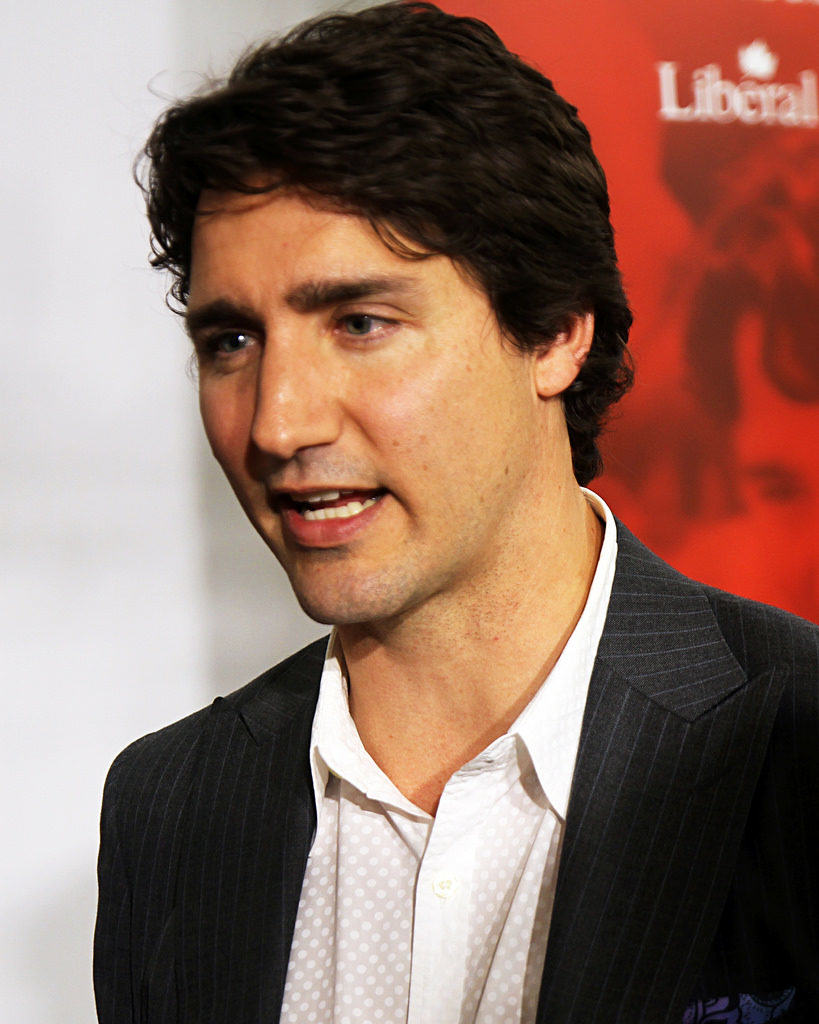
Cannabis strains and breeders from Canada
Canada has an important tradition when it comes to breeding cannabis. A considerable number of breeders have developed excellent and unique strains which have become true classics for the cannabis aficionado over the years. We are talking about people like Breeder Steve, who founded Spice of Life Seeds back in 1994 and developed legendary strains like Sweet Tooth, Shiskaberry or Blockhead. We also have Secret Valley Seeds, another seed company from Canada specialized on breeding genetics for harsh, northern climates.
Next Generation Seed Company is also a reputed Canadian seed company established in 1997. They offer top quality genetics on both regular and feminized form, and are creators of awesome varieties like Romulan (a true legend in BC and the Pacific North-West bred in Victoria, British Columbia), Island Sweet Skunk (aka ISS, get your carbon filters ready!), Romulan Diesel (Romulan x NYCD) or Dynamite (which is basically a mostly Indica, high yielding Grapefruit phenotype). Another renowned Canadian breeder is Jordan of the Islands, established on the West Coast of the country and specialized on Skunk phenotypes. Among others, he developed the famous God Bud - a purple Indica-dominant Skunk with Canadian roots - and his own version of the Timewarp genetics.
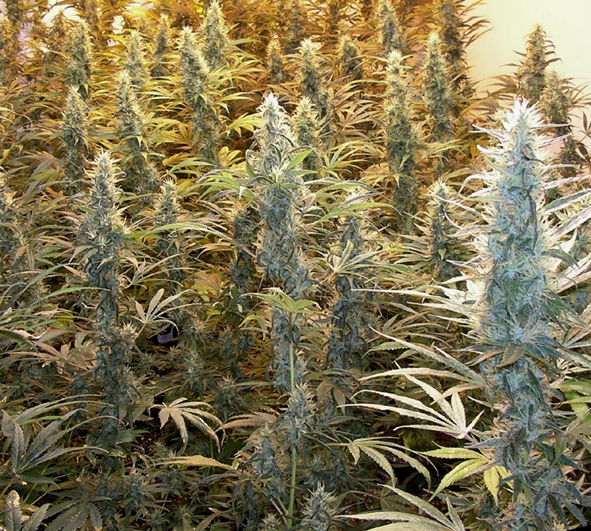
Dr. Greenthumb, located on Eastern Canada, have been breeding cannabis since 1996. Creators of Endless Sky, they also have hybrids with some of the most sought after genetics of the marijuana scene, like Cinderella 99, Bubba Kush or Chemdawg. Federation Seed Company was another Canadian seed company offering strains hard to forget: Mikado, Cotton Candy, Celestial Temple Sativa and many others such as hybrids developed from Romulan or ISS.
BC Bud Depot is another multi-awarded seed company from British Columbia, being the BC God Bud their flagship genetics. This company comes from a collective of growers and breeders who established as a Provincial Growing Association in the 90s. Their catalogue includes some of the most renowned and awarded strains worldwide, like The Purps, Girl Scout Cookies, Animal Cookies or Ultimate Purple.
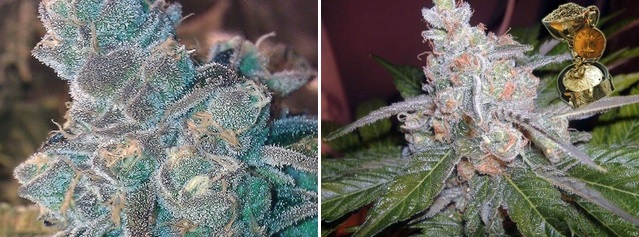
There are other renowned strains (both clone-only and seeds) from Canada which have become true classics in the cannabis scene, genetics like Manitoba Poison, Mendocino Purps (aka The Purps), UBC Chemo, M-39 and many more. Also, the world-famous Lowryder comes from Joint Doctor, a Canadian seed company which started modern psychoactive autoflowering genetics.
Apart from all these seed banks (and many others), we can find other Canadian companies and brands which have earned their space in the cannabis industry. Bubbleman, for example, has been manufacturing his famous Bubblebags since 1999. Gaia Green - located in Grand Forks, BC - has been manufacturing 100% organic soil amendments and nutrients for plants for the past 25 years. On the other hand, Grotek - established in BC in 1998 - is a popular fertilizer brand among cannabis growers, especially due to its high concentration and spectacular results. Products like Monster Bloom have become a true classic in many gardens, and results speak for themselves. The Medtainer, a very popular container+grinder for dried herbs, also comes from Canada.
During the last years the Canadian public can enjoy fairs and expos with the participation of some of the most reputed manufacturers, seed companies and celebrities around the world. An example of this is the LIFT Expo, which gathered cannabis professionals and amateurs on a fantastic weekend during the past May 2016 in Toronto, what will happen again on the next September in Vancouver. Another event worth mentioning is the HempFest Cannabis Expo (which will be held in Calgary on 15, 16 October, 2016), an excellent opportunity for both industry pioneers and users to meet and learn more about one of the fastest growing industries in N. America.
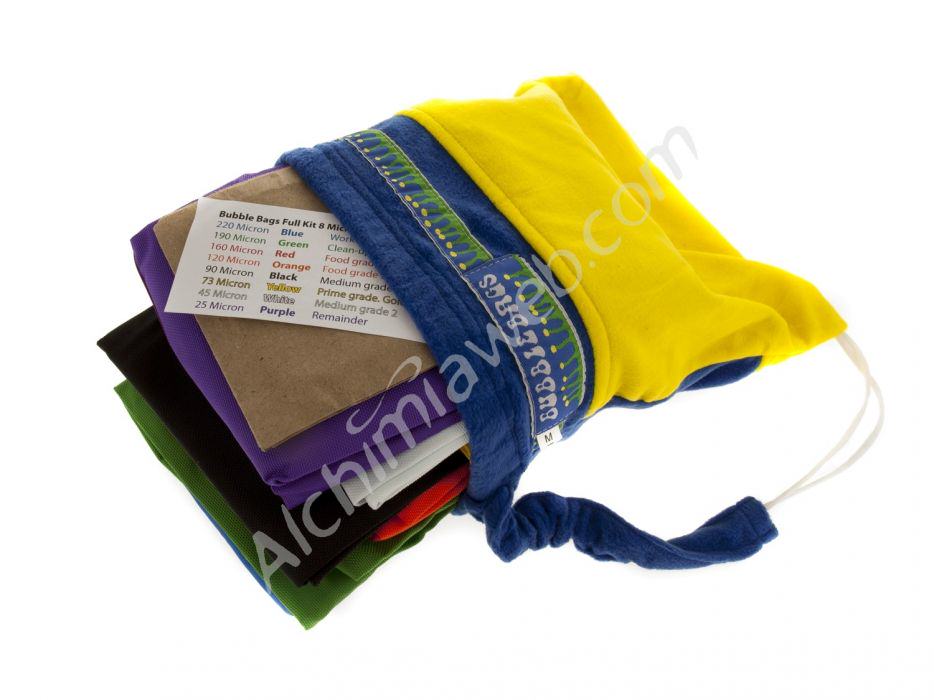
Canada has also a large number of cannabis associations, clubs and dispensaries. NORML, Cannabis Canada Association, CNMMA, Medical Marijuana Association...are just some of the examples of people who join forces to achieve their goals, in this case, the normalization of cannabis for both medicinal and recreational purposes.
Cannabis celebrities from Canada
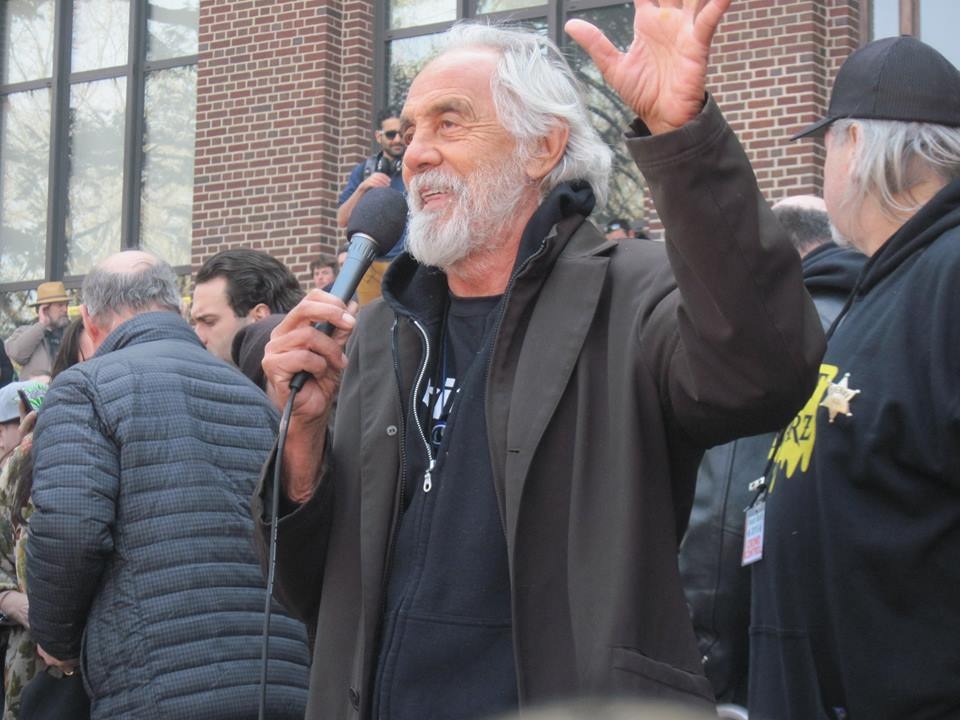
Throughout the years, many Canadian celebrities have somehow supported the cannabis cause. Top-class musicians like Neil Young (Ontario), Alanis Morissette (Ontario), Michael Bublé (British Columbia) or Justin Bieber (Ontario) have acknowledged that they've used - or still use - marijuana. Actors like Seth Rogen (BC) or Keanu Reeves have also supported cannabis publicly. And if we mention actors we can't forget the famous pot smoker Tommy Chong (born Thomas B. Kin in Alberta), who starred classic movies like Up in Smoke (1978) or Still Smoking (1983) - among many others - along with his buddy Cheech Marin.
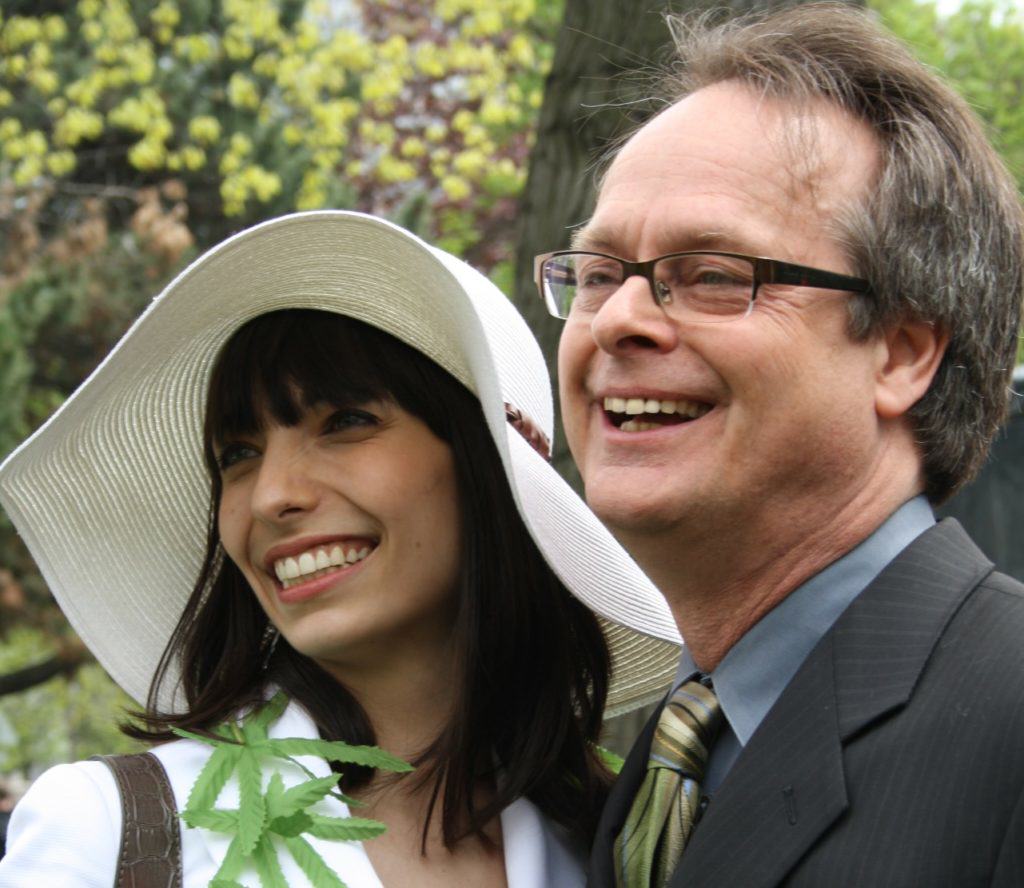
Among the cannabis activist community, Canada has plenty of names worth mentioning. Among many others, people like Dana Larsen (renowned advocate for cannabis reform), Abi Roach (owner of the HotBox Café and founder of the Cannabis Friendly Business Association), Kirk Tousaw (cannabis legal advocate and leader of Tousaw Law Corp, member of NORML Canada), Virginia Vidal (owner of Mary's Original Coffee & Teas, one of Canada's fastest growing edibles companies), Zach Walsh (associate professor at the University of BC's Department of Psychology and active researcher), John Conroy (original founder of NORML Canada in 1978), Tania Jackett (director of the Cannabis Growers of Canada) and of course Marc and Jodie Emery (Canada's Prince and Princess of pot) have been struggling for the normalisation of cannabis use in Canada and throughout the planet.
Thanks for your efforts!!


